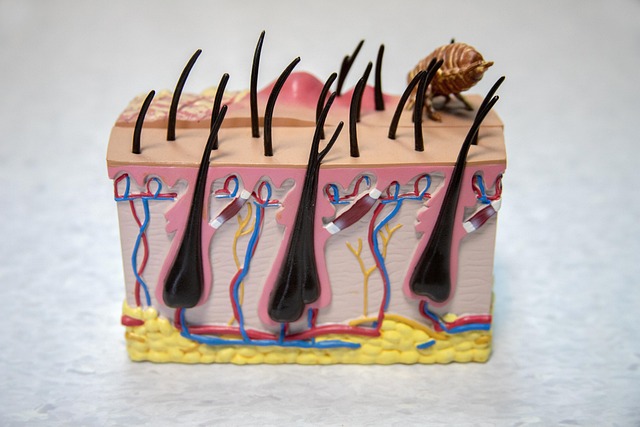
Bournewood Hospital
Introduction
Bournewood Hospital, established in the late 19th century, has been a cornerstone of psychiatric care in the Boston area. Founded by Dr. Henry Rust Stedman, a Harvard-trained psychiatrist, the institution was designed to provide a structured environment for individuals grappling with mental health and chemical dependency issues. This article delves into the history, services, and significance of Bournewood Hospital in the realm of mental health care.
Historical Background
Originally named Woodbourne, Bournewood Hospital was founded in 1884 on the Minot Estate in Forest Hills, Boston. Dr. Stedman envisioned a private psychiatric institution that would cater to the needs of his patients, providing them with a tranquil setting conducive to recovery. In 1895, the hospital was relocated to its current site at 300 South Street in Chestnut Hill, Brookline, which spans 34 acres and includes three main buildings that were formerly part of the Dodge Farm Estate.
The estate's historical significance is notable, as it was once home to Clara Bowden Dodge, the second wife of a Civil War Colonel. The transition to this new location allowed Bournewood to expand its facilities and enhance its capacity to serve patients effectively.
Services Offered
Bournewood Hospital specializes in inpatient programs tailored for individuals facing mental health challenges and substance use disorders. The structured environment of the hospital is designed to facilitate focused treatment, allowing patients to concentrate on their recovery without external distractions.
The hospital offers a range of services, including:
- Inpatient Psychiatric Care: Comprehensive treatment for various mental health disorders, including depression, anxiety, and bipolar disorder.
- Substance Use Treatment: Programs aimed at addressing chemical dependency, providing patients with the tools necessary for lasting recovery.
- Therapeutic Activities: Engaging activities that promote mental well-being and social interaction among patients.
- Family Support Programs: Initiatives designed to involve family members in the recovery process, fostering a supportive environment for patients.
Importance of Structured Care
The structured setting of Bournewood Hospital is particularly beneficial for individuals who require a focused approach to their treatment. Inpatient programs allow for 24/7 support from mental health professionals, ensuring that patients receive the care they need at all times. This level of support is crucial for those in crisis or those who have not responded well to outpatient treatment options.
Moreover, the hospital's emphasis on creating a safe and therapeutic environment helps patients to build trust with their caregivers, which is essential for effective treatment. The combination of medical care, therapeutic activities, and family involvement contributes to a holistic approach to mental health recovery.
Conclusion
Bournewood Hospital stands as a testament to the evolution of psychiatric care since its inception in the 19th century. With a commitment to providing structured and compassionate care, the hospital continues to play a vital role in the recovery of individuals facing mental health and substance use challenges. As society increasingly recognizes the importance of mental health, institutions like Bournewood remain essential in fostering healing and resilience among those in need.




















 Ovarian Cysts
Ovarian Cysts 
 Health
Health  Fitness
Fitness  Lifestyle
Lifestyle  Tech
Tech  Travel
Travel  Food
Food  Education
Education  Parenting
Parenting  Career & Work
Career & Work  Hobbies
Hobbies  Wellness
Wellness  Beauty
Beauty  Cars
Cars  Art
Art  Science
Science  Culture
Culture  Books
Books  Music
Music  Movies
Movies  Gaming
Gaming  Sports
Sports  Nature
Nature  Home & Garden
Home & Garden  Business & Finance
Business & Finance  Relationships
Relationships  Pets
Pets  Shopping
Shopping  Mindset & Inspiration
Mindset & Inspiration  Environment
Environment  Gadgets
Gadgets  Politics
Politics 